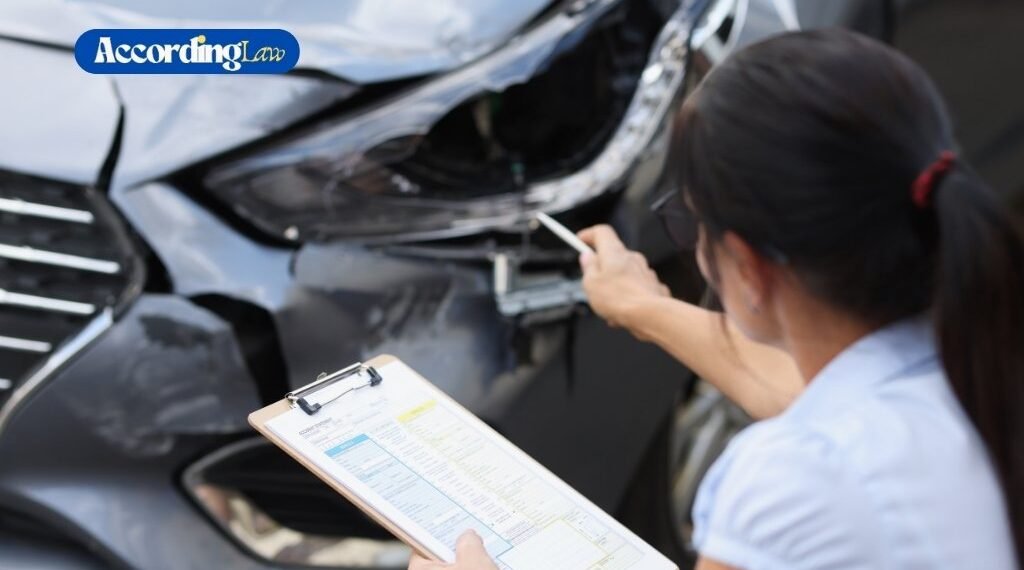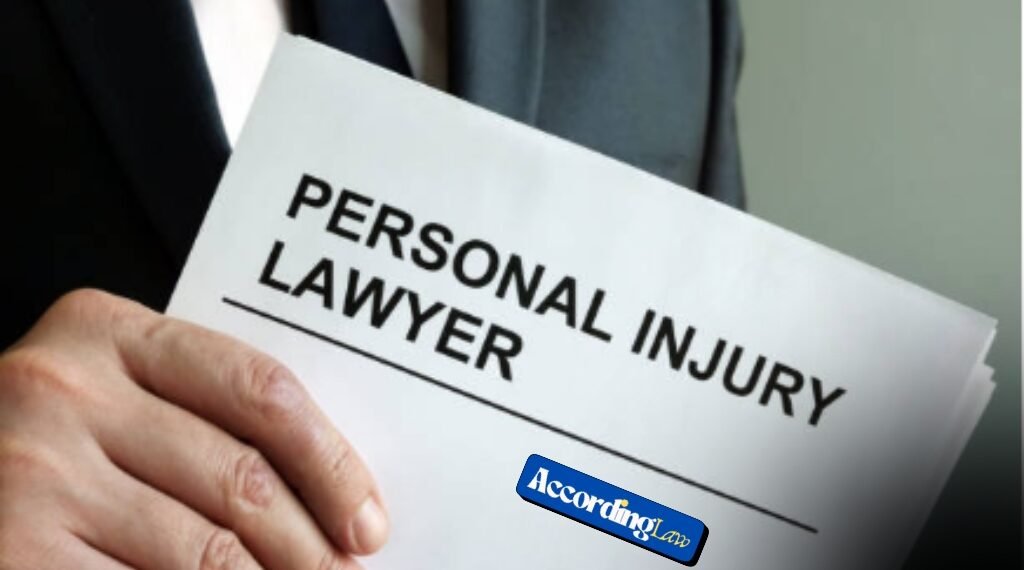Kansas City, Missouri, is a vibrant hub known for its lively downtown, rich culture, and thriving neighborhoods. Yet, as much as the city celebrates its barbecue traditions, jazz heritage, and bustling sports scene, it also faces challenges tied to its busy roadways. Highways like I-70, I-435, and U.S. 71 bring constant traffic and the risk of collisions that can happen in the blink of an eye.
When a crash occurs, the shock often overwhelms drivers and passengers, who are unsure how to react in those crucial first moments. Knowing the correct steps can help protect your safety, strengthen future claims, and keep the situation from spiraling further. From checking for injuries and contacting emergency services to documenting the scene and keeping track of expenses, each action plays a vital role in handling the aftermath responsibly. For many, consulting a Kansas City car accident lawyer is essential when fault is in dispute or compensation is needed.
Table of Contents
Ensure Safety First
Ensuring safety after an accident is the most immediate concern you must have to prevent additional accidents. As a precaution for drivers behind you, turn on your hazard lights. Assess whether anyone needs medical assistance and call for help if the situation indicates an emergency. You must stay calm and not panic to analyze the situation appropriately.
Contact Emergency Services
Contact emergency services even if your injuries seem minor. An officer can take photographs, gather evidence, and complete a report, which you will eventually need for your insurance. They can assess injuries that you may not realize are there. Giving them the correct data can guarantee they provide the required assistance.
Exchange Information
Exchange information with the other driver (or drivers if there is more than one) after making sure everyone is safe and calling emergency services. Names, numbers, and insurance information. It helps to note the vehicle’s license plate number, model, and make. Do not get into the blame game or a quarrel that can come back to haunt you in the future. Focus on gathering essential data.
Document the Scene
Take photos of the accident and write notes, including car damage, road conditions, and relevant traffic signs. These images can be critical for an insurance claim. Also, note the time, date, and weather conditions. It helps to have a detailed log to record what happened.
Seek Medical Attention
Consulting a doctor is always a good idea, even if injuries are trivial. Injuries may not appear at this time. A health professional can rule out any potential issues and treat them as necessary. If there is an issue, medical appointments and treatments can help, as they document these circumstances for an insurance claim or court case.
Notify the Insurance Provider
You must inform your insurance company immediately, give them accurate information regarding the crash, and obtain any related paperwork immediately. Insurance companies can facilitate the following steps: filing claims and scheduling vehicle repairs. While this process is happening, understanding the policy terms can aid in managing expectations.
Keep Track of Expenses
During such a time, an accident takes place unexpectedly. Document all expenses you pay from the accident, such as medical expenses, car repairs, and other charges that stem from the accident. A detailed list of losses can help you negotiate settlements with insurance companies and give you proper compensation for your losses.
Consider Legal Advice
Turning to a legal expert could be helpful if fault is in dispute or injuries are serious. They allow you to understand your rights and explore options, often leading to compensation. Lawyers can provide guidance and insight (and make the process less encumbered).
Reflect on the Experience
Once the initial crisis blowout is over, go away and think about it. Consider the possible lessons you can gain from what has happened. Such reflection should assist in avoiding this type of incident in the future. Consider examining your driving habits and/or seeking extra protection to increase the likelihood of safe travels.
Stay Informed
All drivers should stay updated on the laws of the highways and the rules of safe driving. Regularly taking defensive driving courses or learning about all the safety features your vehicle has and how to use them can lead to a safer driving experience.
Conclusion
A car accident is stressful; however, knowing what to do when you find yourself in this situation can help minimize the anxiety and ensure you handle the problem correctly. Having a few simple steps to prioritize safety, document what happened, and contact the right people is vital. By preparing ahead, drivers can confidently handle the immediate aftermath of an accident.


